Symptoms of Hypoxia and Hypoxemia | CMI Health
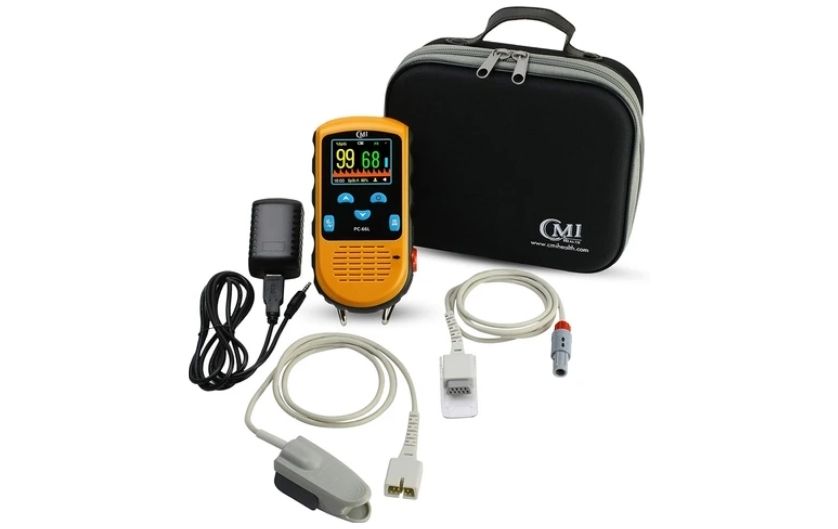
Hypoxia and hypoxemia are two conditions that are developed by individuals who don’t get enough oxygen within their bodies to sustain normal functioning. Hypoxemia (low oxygen in the blood) and hypoxia (low oxygen in the tissues) can cause the body to break down, and, in severe cases, even lead to brain damage. Because of this, those suffering from respiratory conditions such as asthma or COPD need to track their oxygen levels and can greatly benefit from having access to handheld pulse oximeter sensors for keeping up with breathing treatments. Otherwise, they could find themselves dealing with the repercussions of these ailments as well. These are some of the symptoms of hypoxia and hypoxemia and what to look out for when you suspect your oxygen levels are too low.
Shortness of Breath
Shortness of breath or rapid breathing is one of the most common telltale signs you’re struggling with either hypoxia or hypoxemia. When vital areas of your body lack the oxygen they need, you may begin to feel suffocated, which triggers bouts of heavy breathing in an attempt to get enough air. However, if you already suffer from a condition that makes it difficult to breathe properly, this can actually make it more difficult for your body to absorb oxygen.
Faster Heart Rate
Those suffering from these conditions might also experience a faster heart rate than normal. This is due to their heart trying to supply more oxygen to different areas of the body by pumping blood at a faster pace. Unfortunately, this doesn’t always help if there’s less oxygen for the blood to circulate in the first place.
Excessive Sweating
Another common symptom of hypoxia and hypoxemia is excessive sweating. While your sweat glands aren’t directly reacting to the lack of oxygen in your system, they are releasing extra fluids as a response to your body’s overall distress. Sweating cools the body down and can potentially calm us from our heightened state while it does. When we’re in a calmer frame of mind, it’s typically easier for us to pass oxygen through our lungs.
Dizziness or Confusion
When a person’s oxygen levels remain low for long periods of time, they may also begin experiencing mental side effects. Dizziness and confusion are two common ways that low oxygen levels manifest. When this happens, our brains are lacking the oxygen they need to fire signals and give orders to our bodies. As a result, we may also experience balance control problems and even short-term memory loss.
Interested in purchasing an oxygen monitoring device to easily track your oxygen levels? View our collection of easy to use, clinical grade monitoring devices here.
For more information on hypoxia and hypoxemia, you can visit the helpful resources below.
https://www.medicinenet.com/hypoxia_and_hypoxemia/article.htm




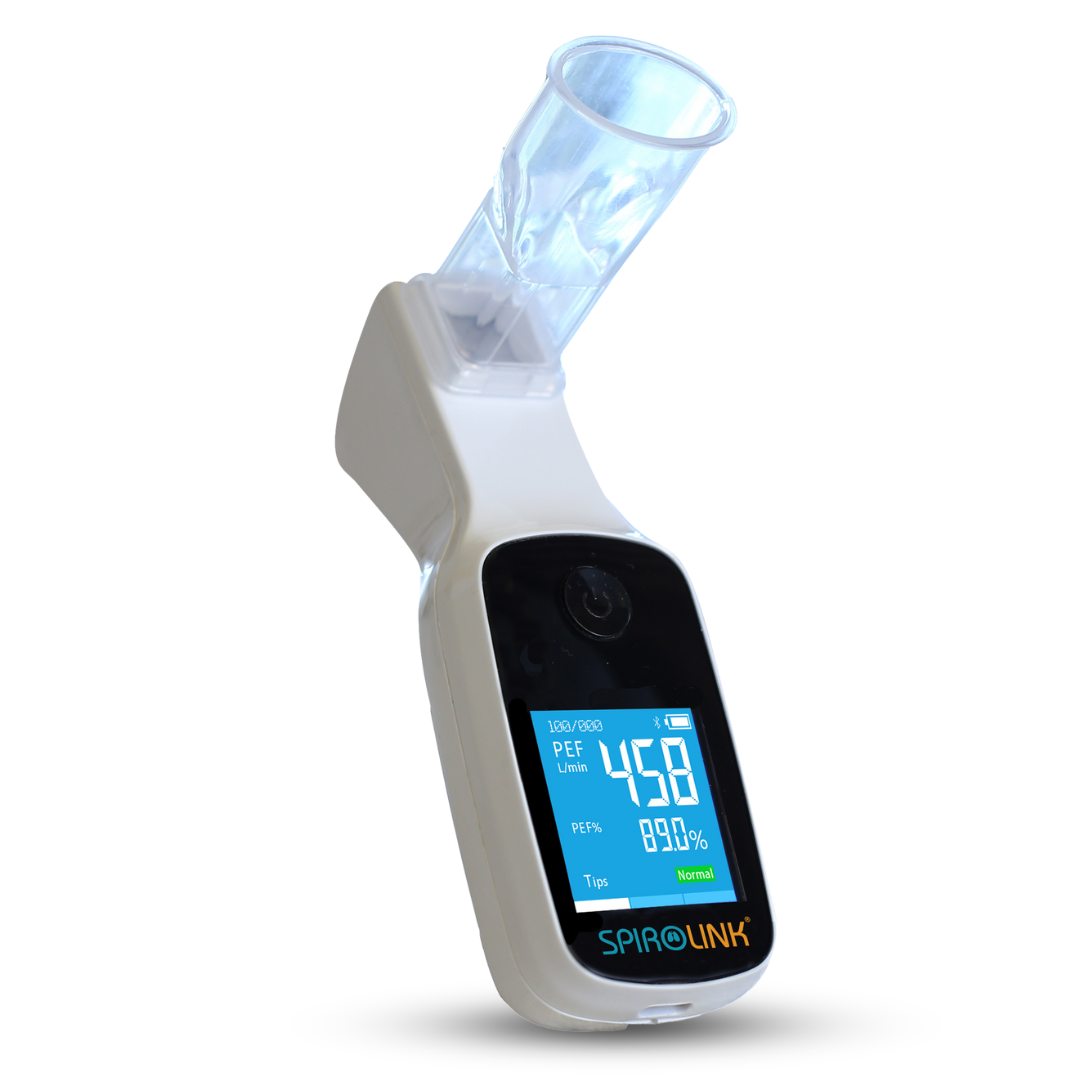
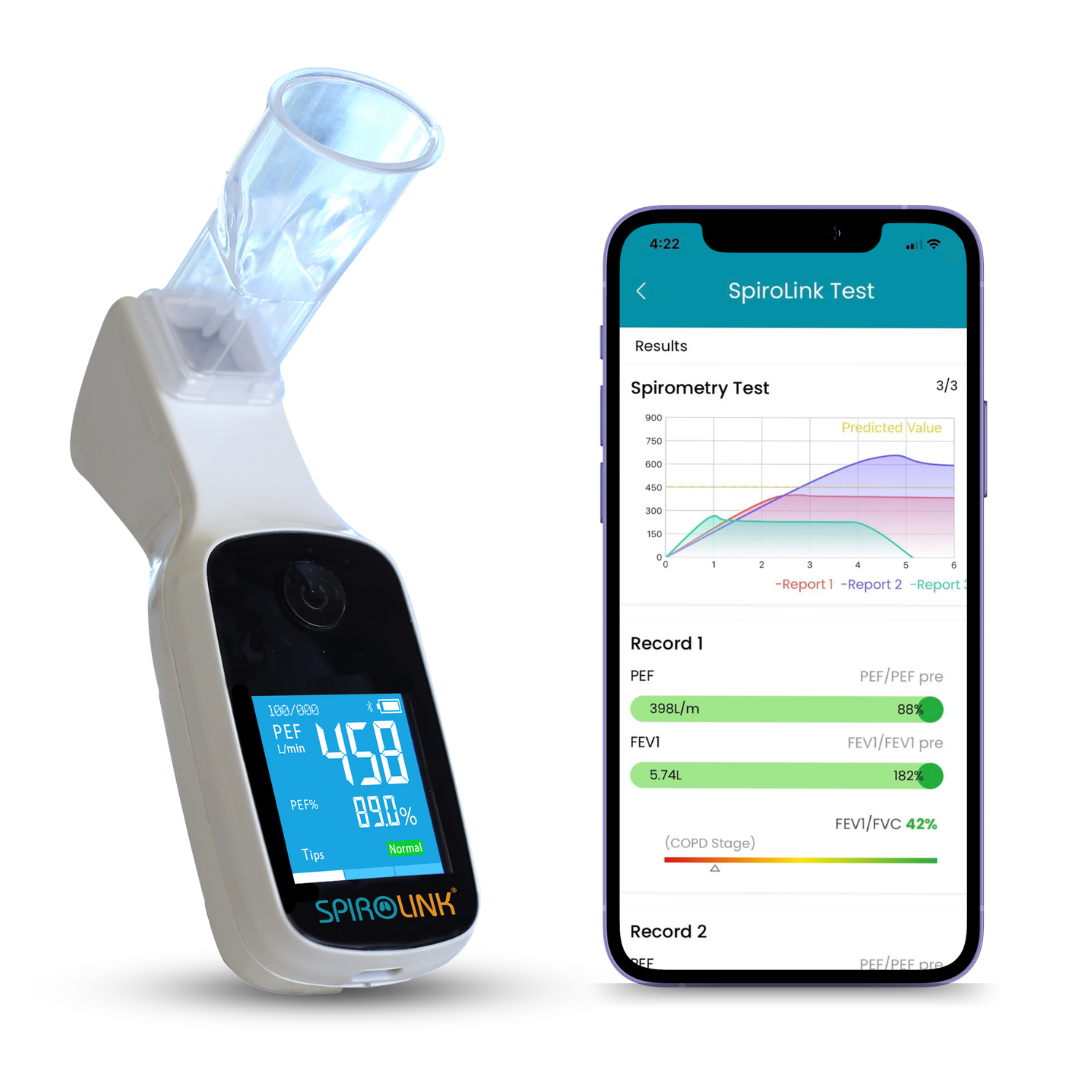


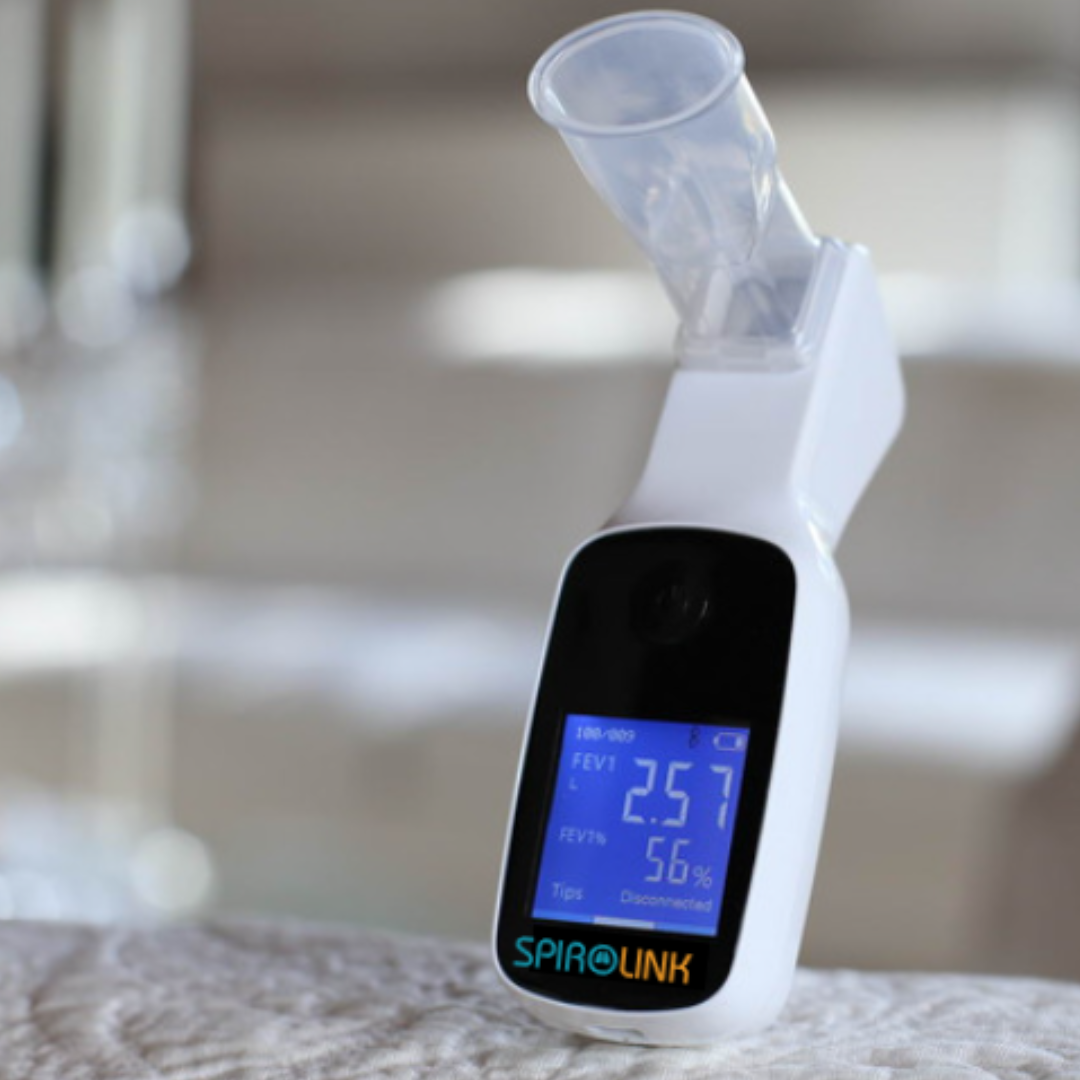
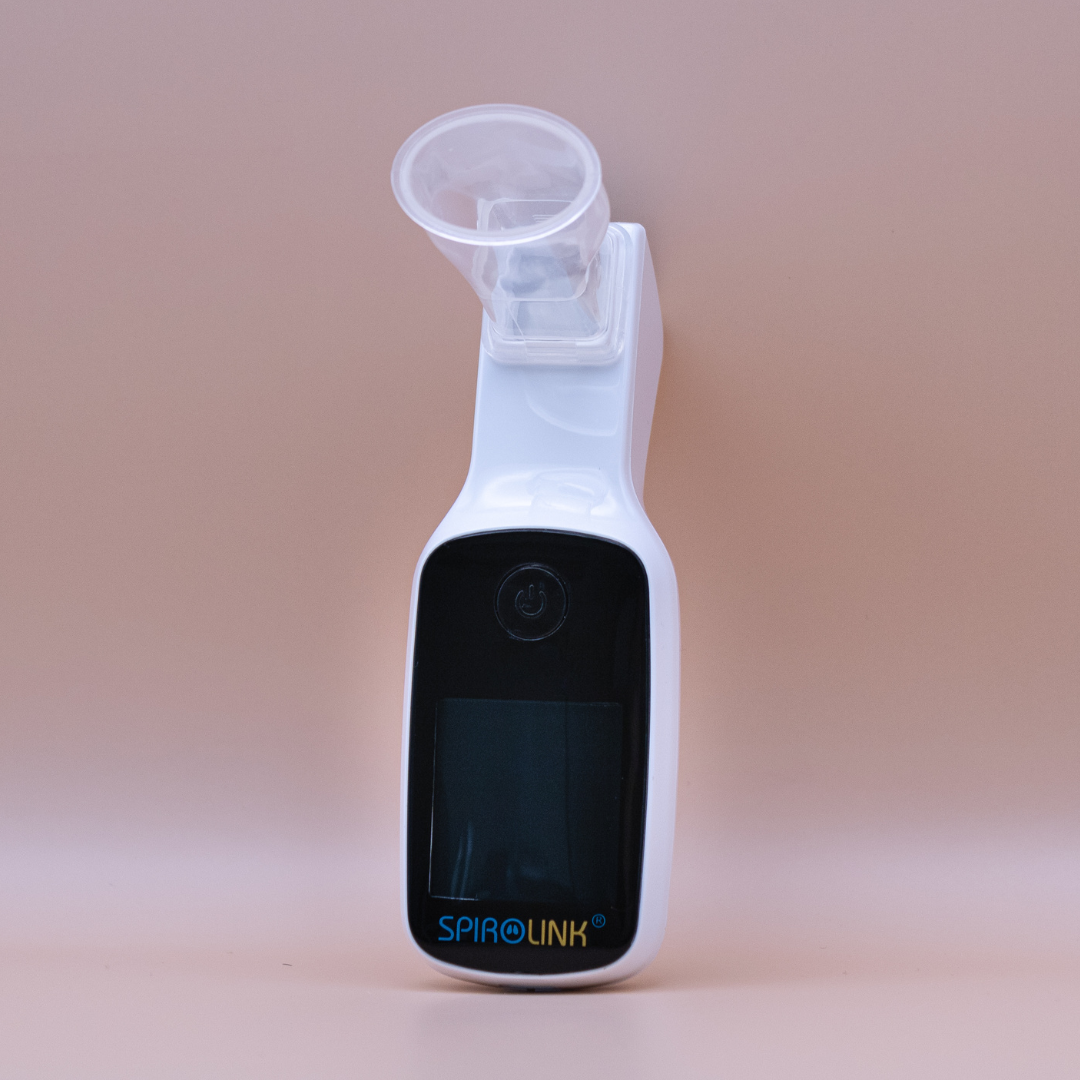

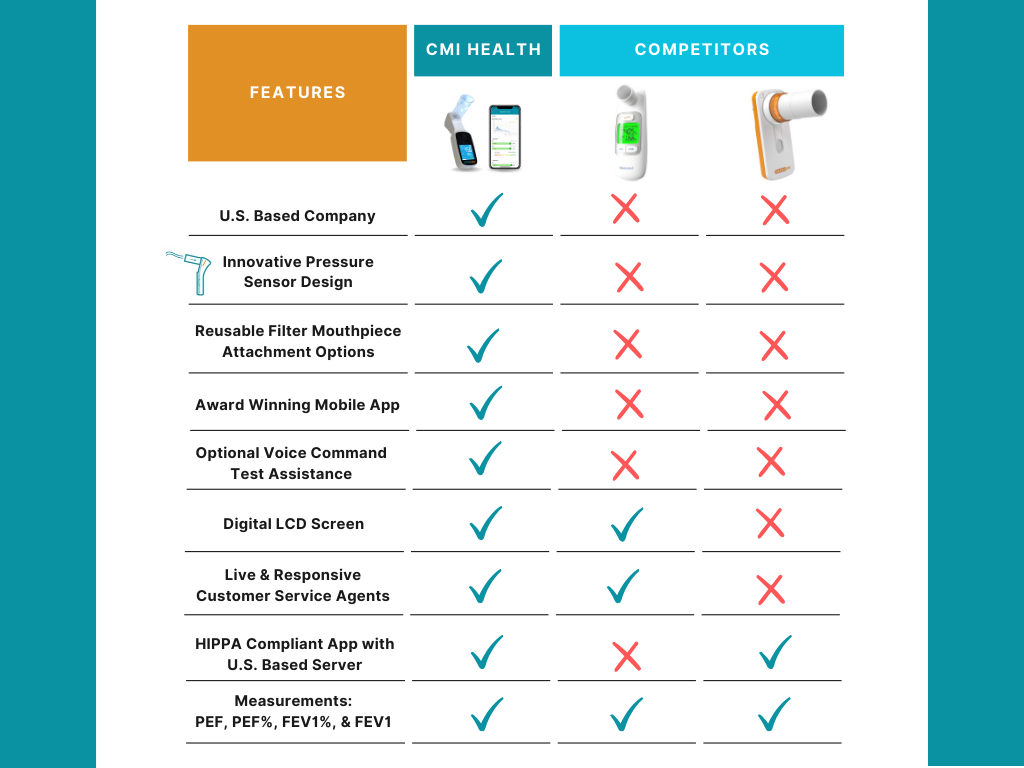
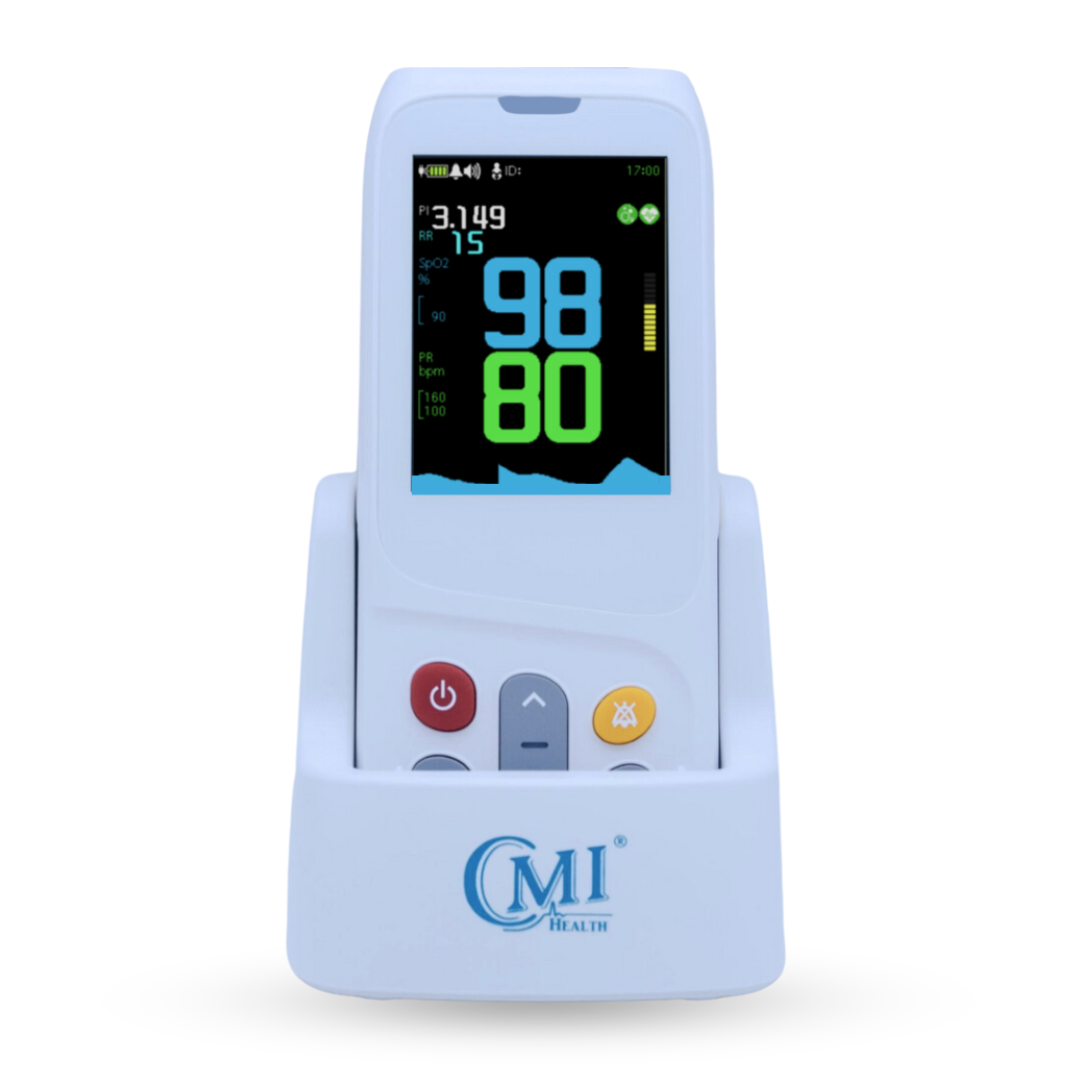
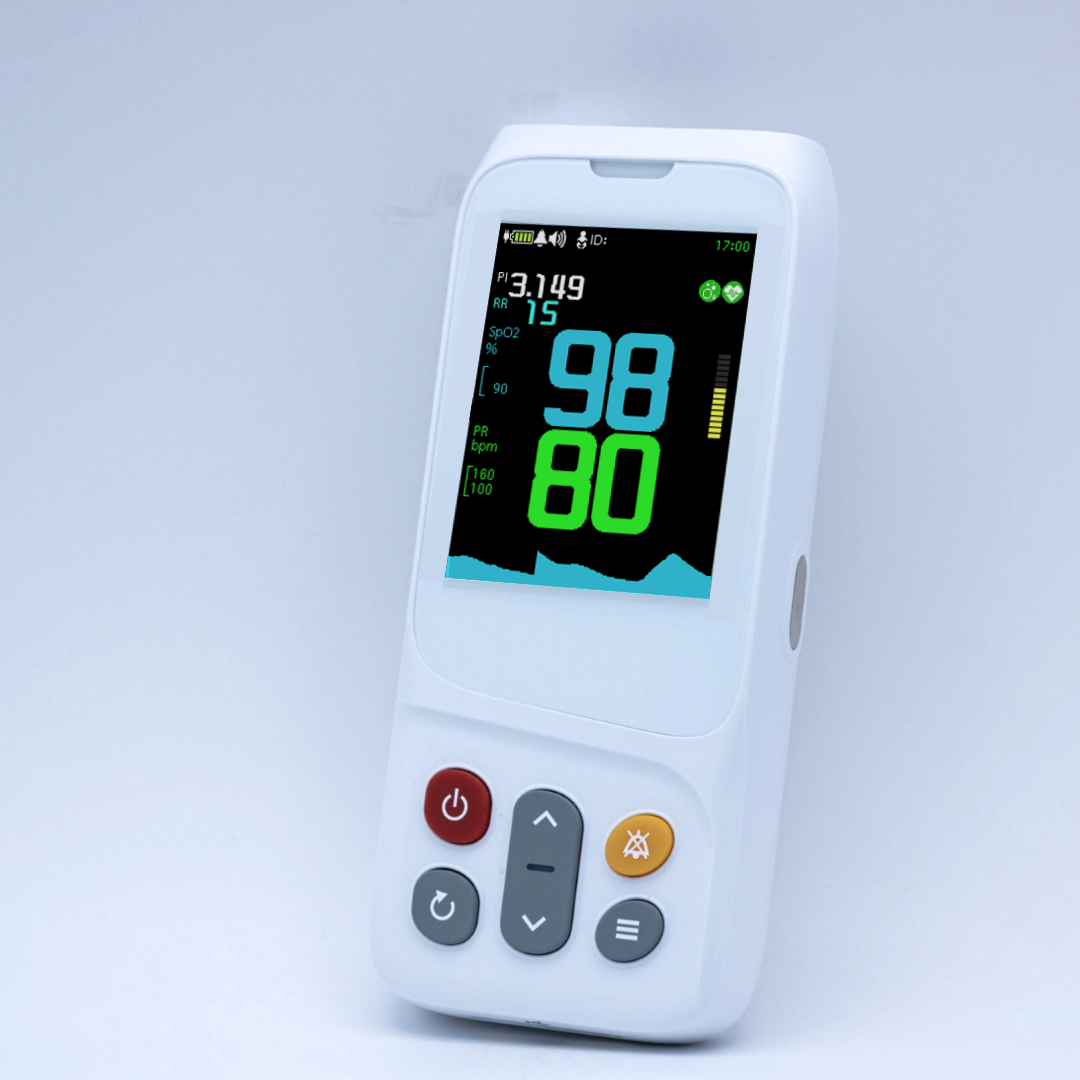
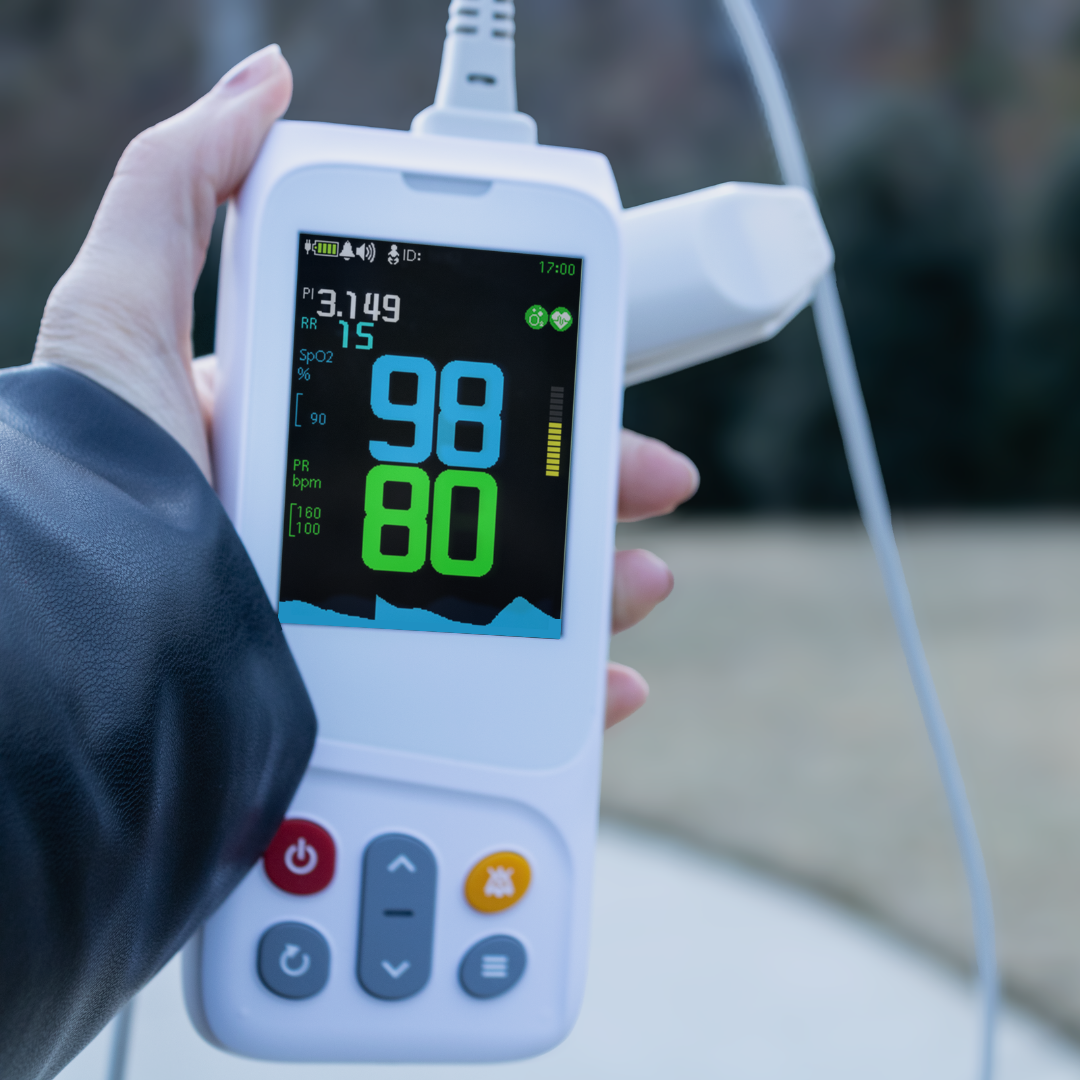
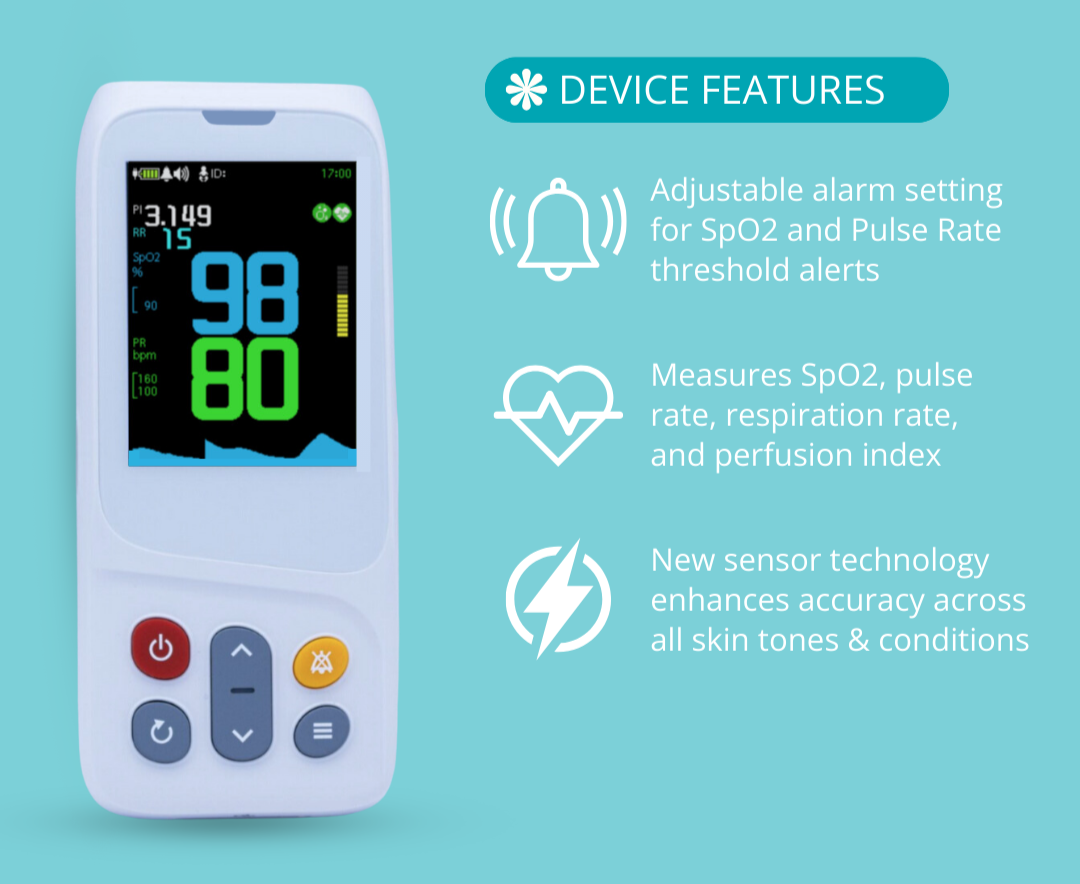
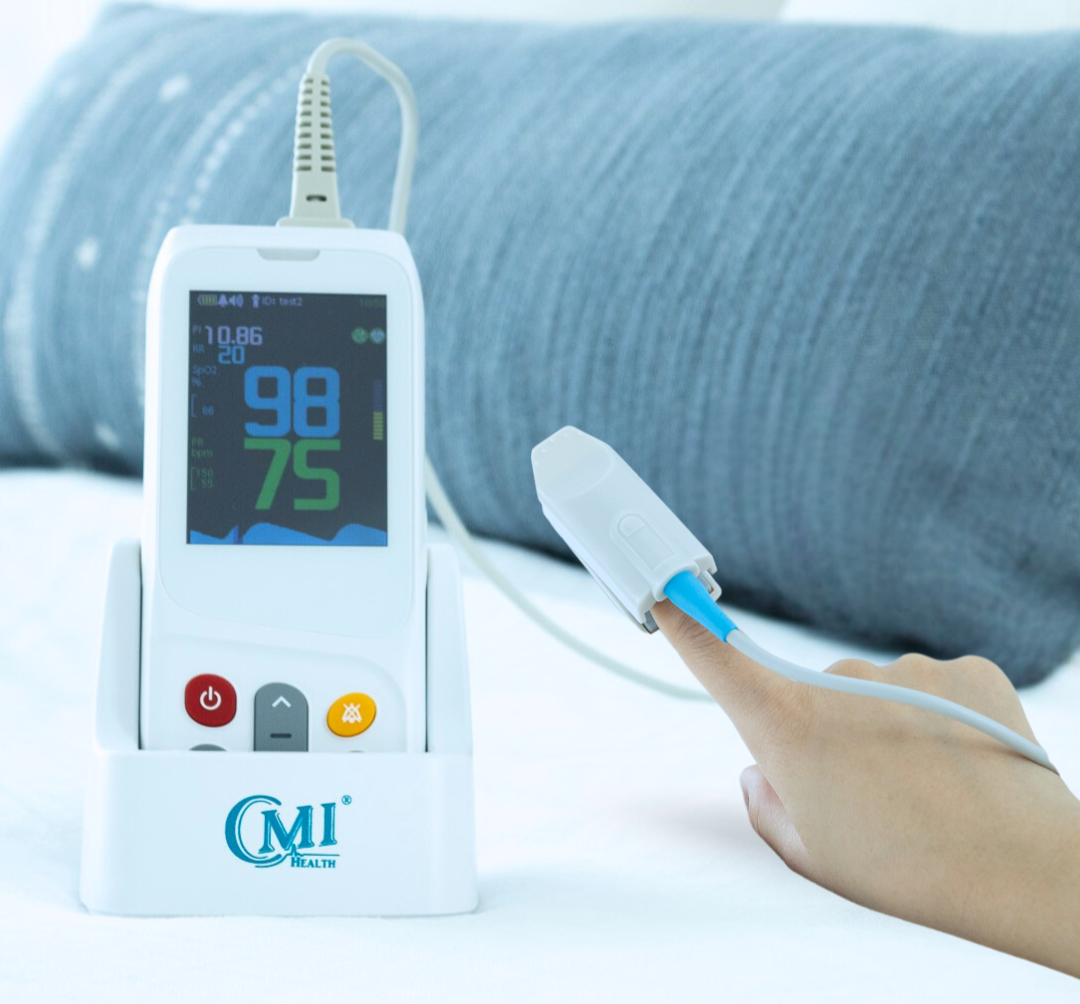
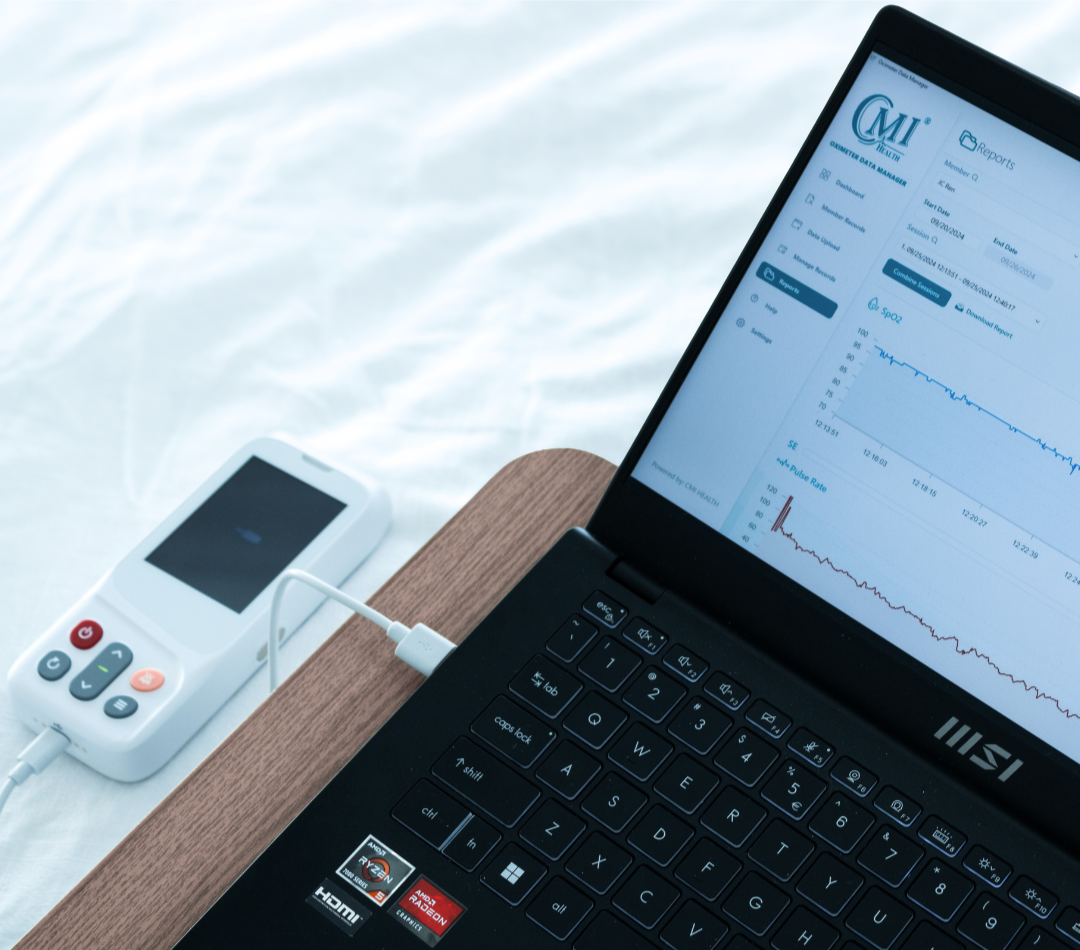
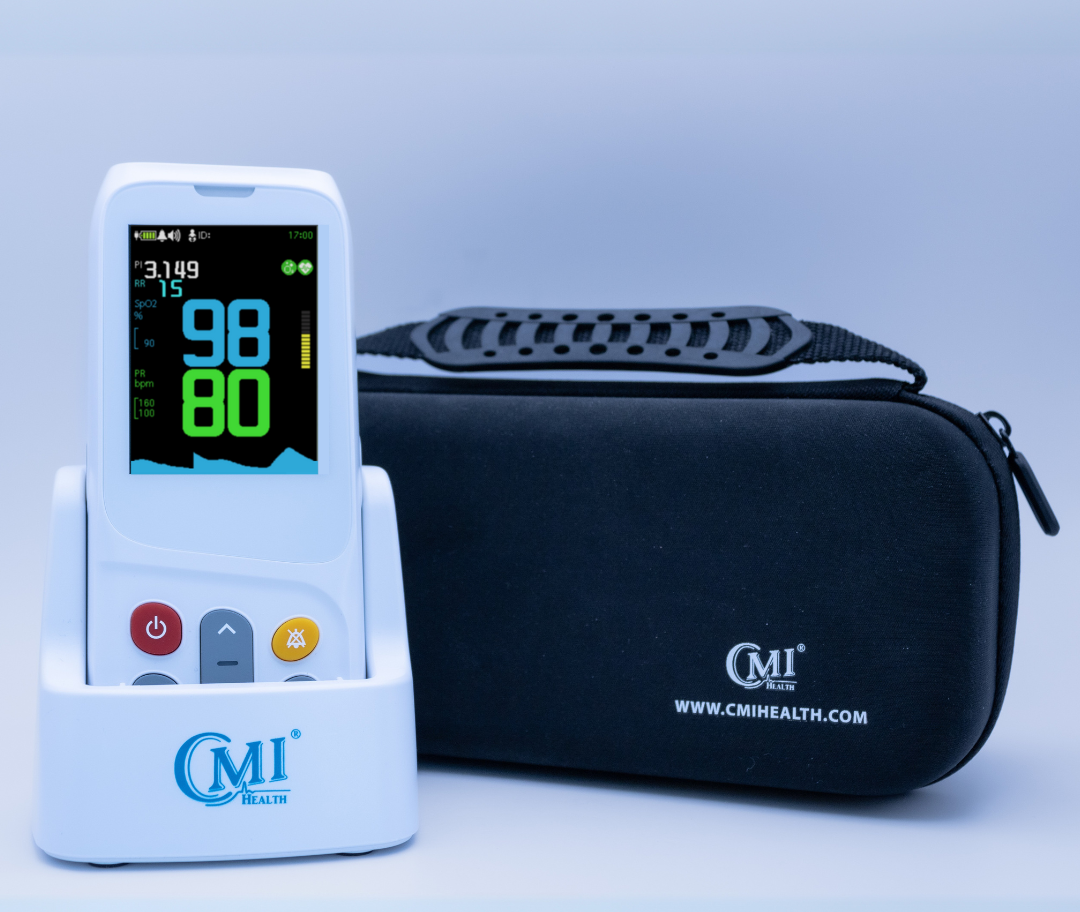
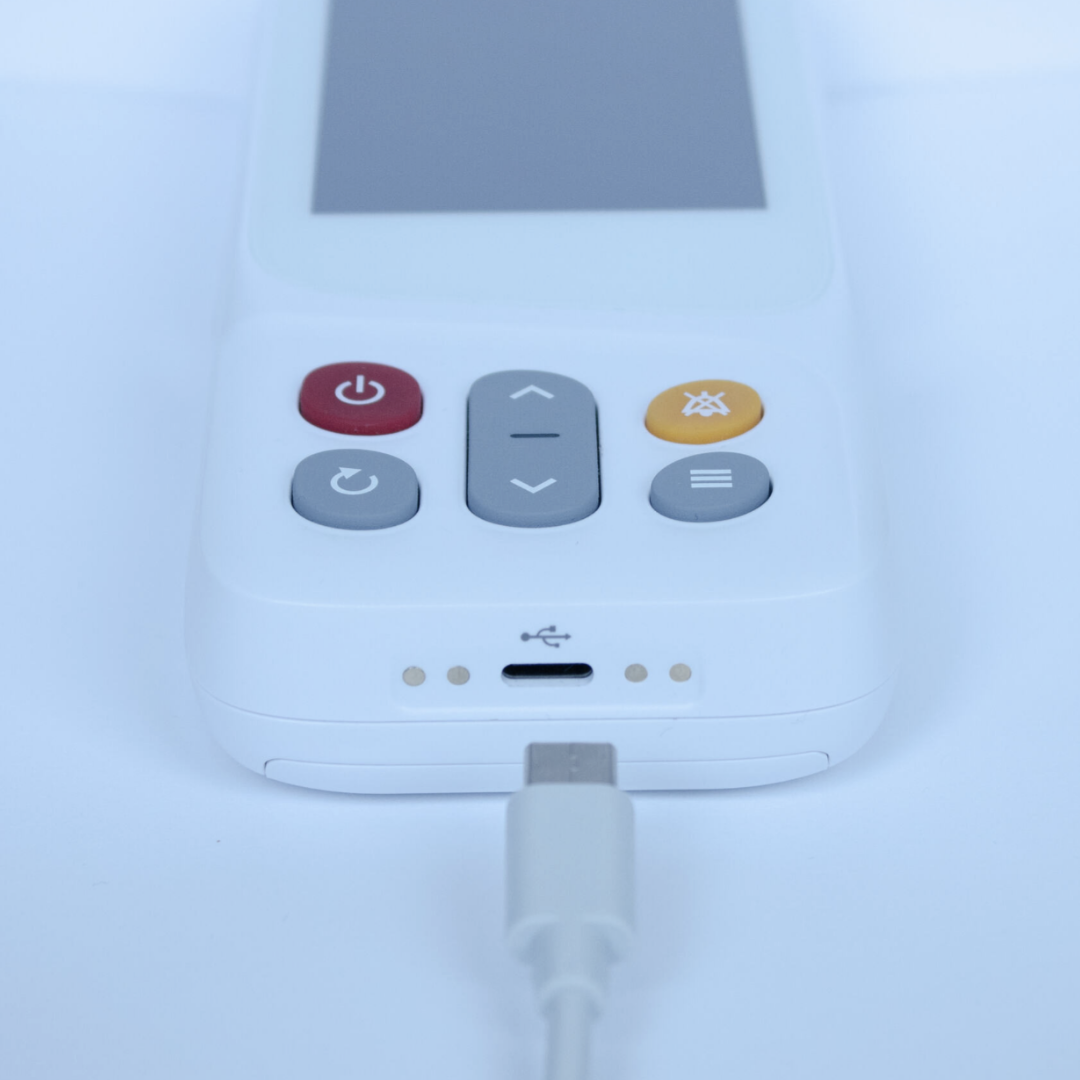
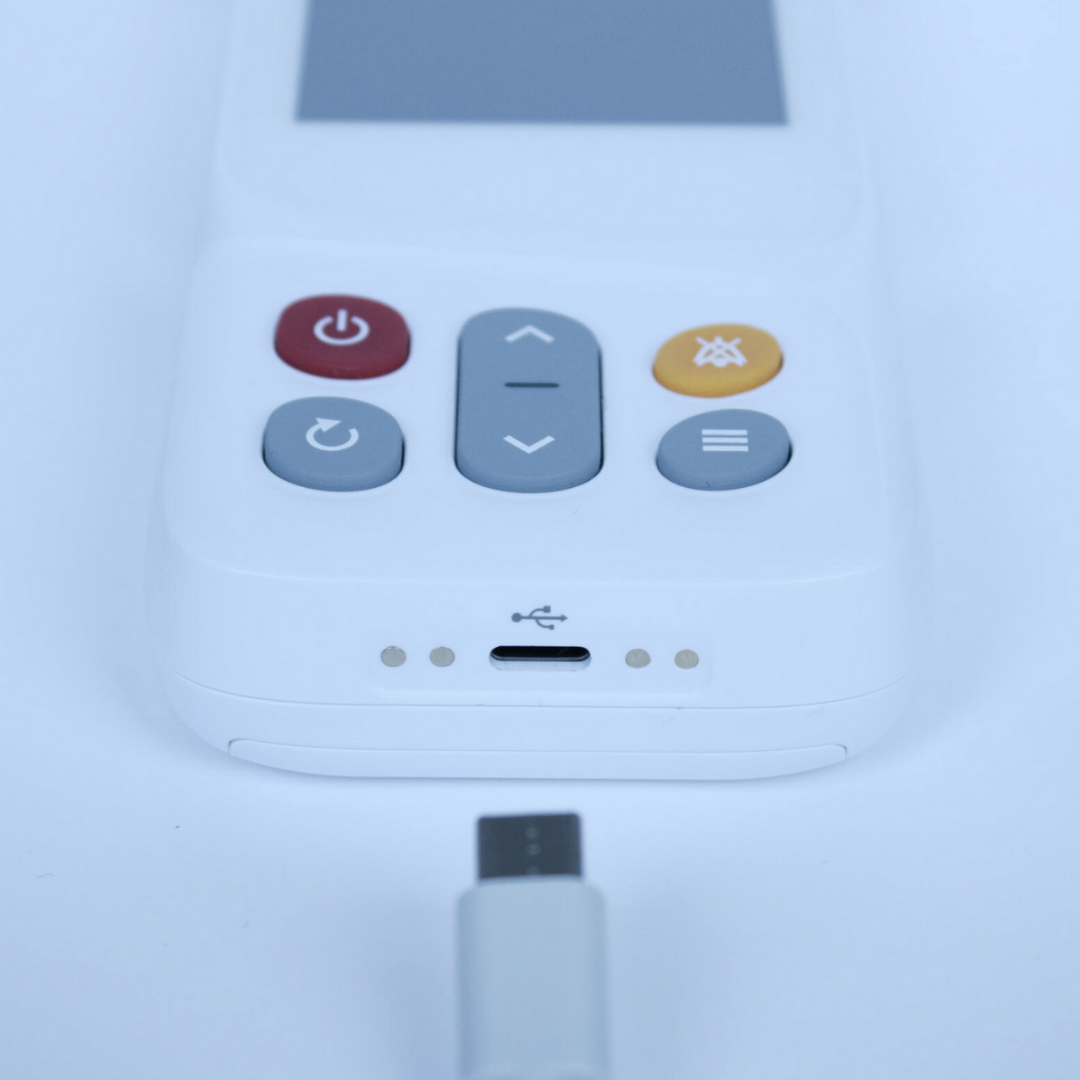
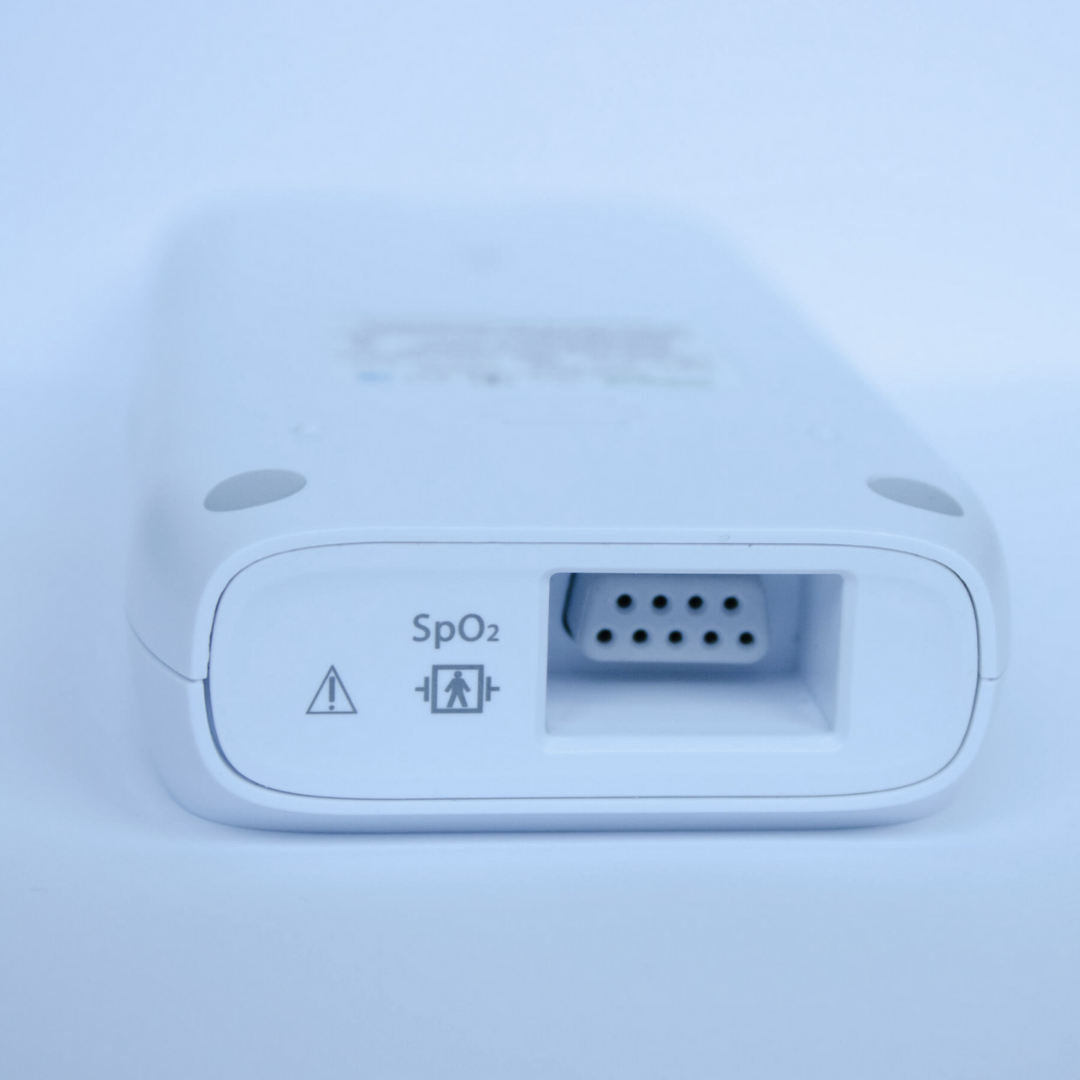
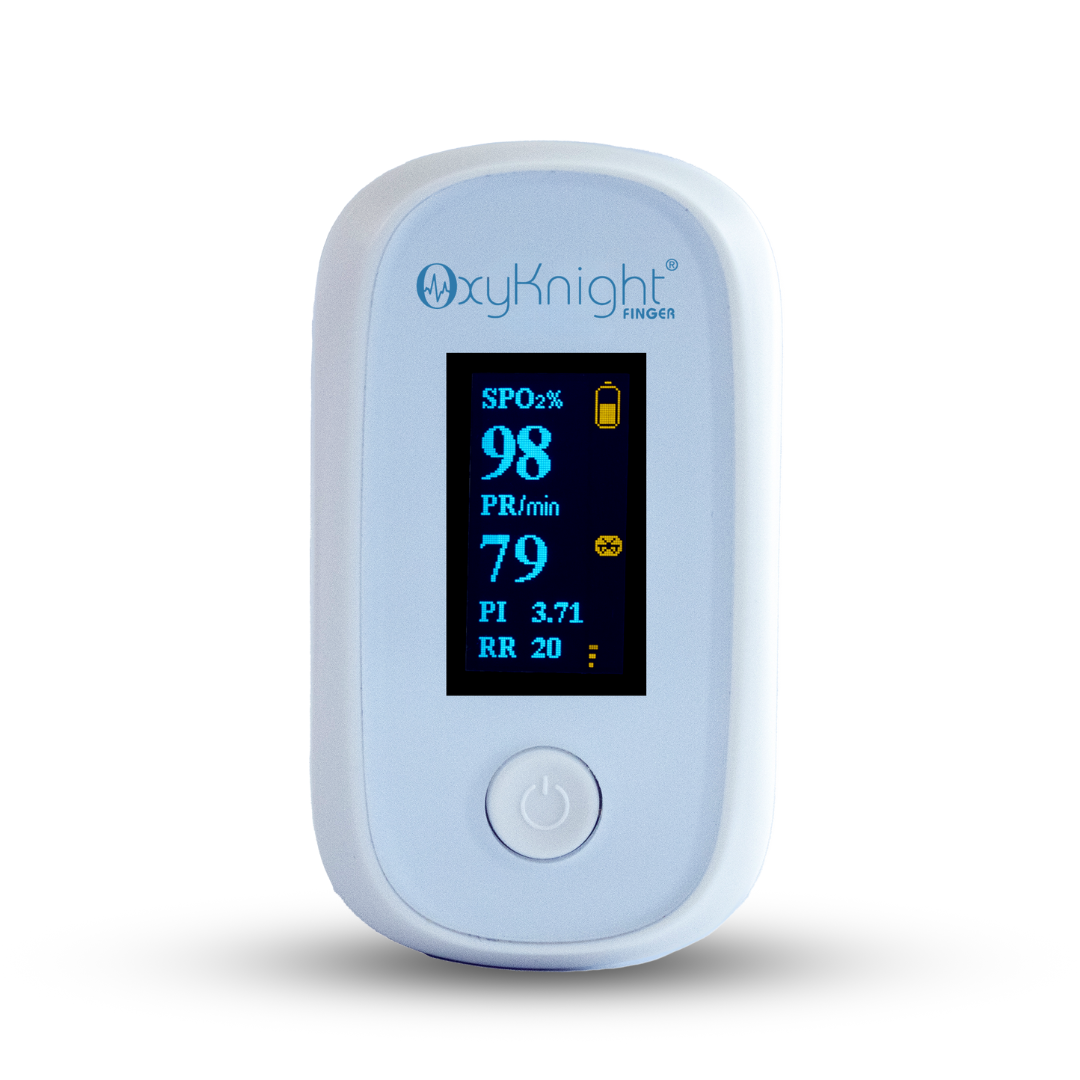












Leave a comment